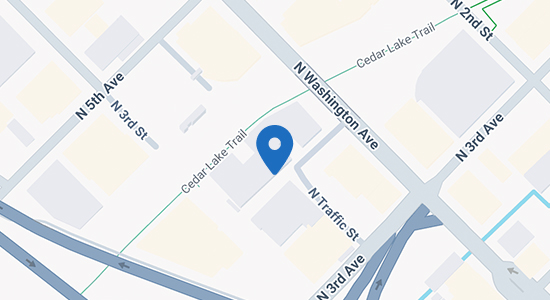- Contact Us 24/7: (612) 465-8581 Tap Here To Call Us
Felony DWI in Minnesota
In Minnesota, driving while intoxicated (DWI) is considered a felony on the fourth offense within a 10 year period (a first degree DWI) and for subsequent DWI offenses. This is because any crime is considered a felony in the state of Minnesota if it may be punishable by more than one year of incarceration. A felony DWI in Minnesota may be punishable by up to 7 years incarceration, even though the minimum mandatory sentence is only 180 days incarceration.
A person convicted of a felony DWI in Minnesota may also be given a fine or up to $14,000. If the person has a prior criminal history, the judge is allowed to order the person incarcerated for a period longer than 7 years maximum. A second or third DWI within a 10 year period is not normally considered a felony. However, a second of third DWI offense may be considered a felony if the person has been previously convicted of criminal vehicular homicide while intoxicated.
Aggravating factors, including having a child in the vehicle during a DWI who is more than three years younger or having a blood alcohol level of 0.20 or more, are not considered in sentencing for felony DWI in Minnesota. However, prior felony DWI convictions are considered in sentencing. For example, the minimum mandatory sentence is increased for the second felony DWI from 180 days incarceration to 365 days incarceration.
If a person is incarcerated for felony DWI, he or she may not be released early unless they have successfully completed a treatment program. When a person convicted of felony DWI is released from prison, it is mandatory that they be released conditionally for five years. This conditional release must include intensive probabtion which may include home retention. The commissioner of corrections may also impose certain special conditions. If the person fails to comply with any of the conditions of release, he or she will be returned to prison.
To learn more go to our DWI Resource Center or give us a call at 612-223-7529 to understand your specific situation better.













